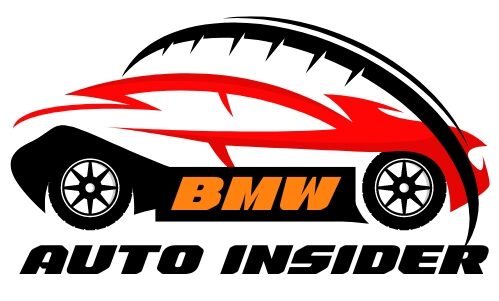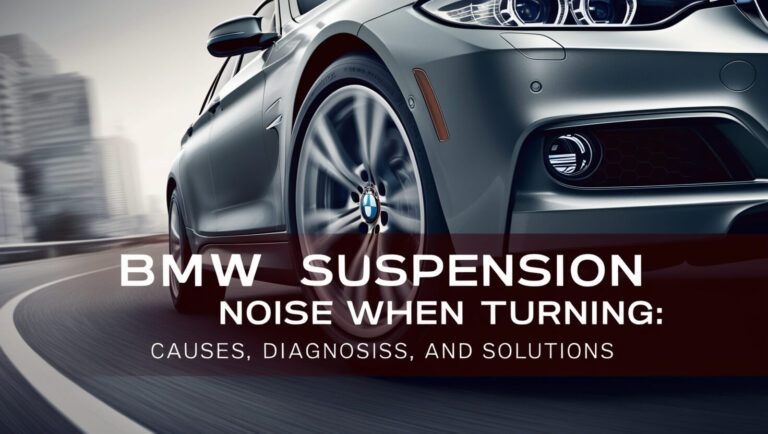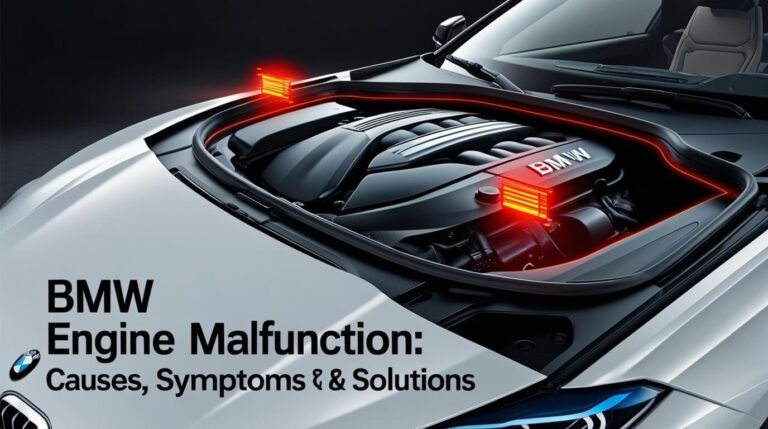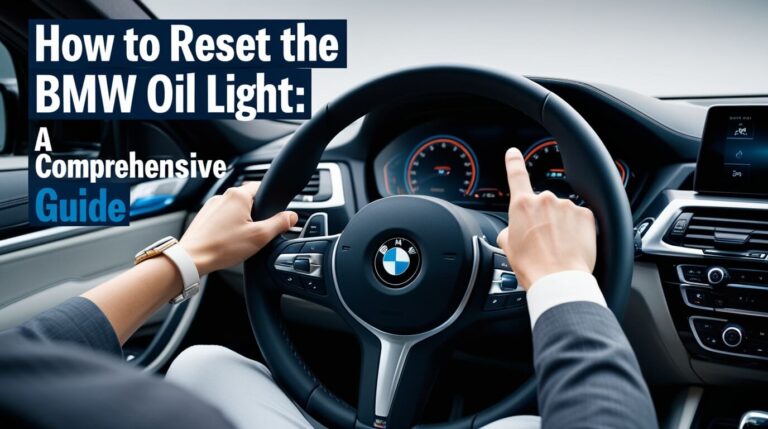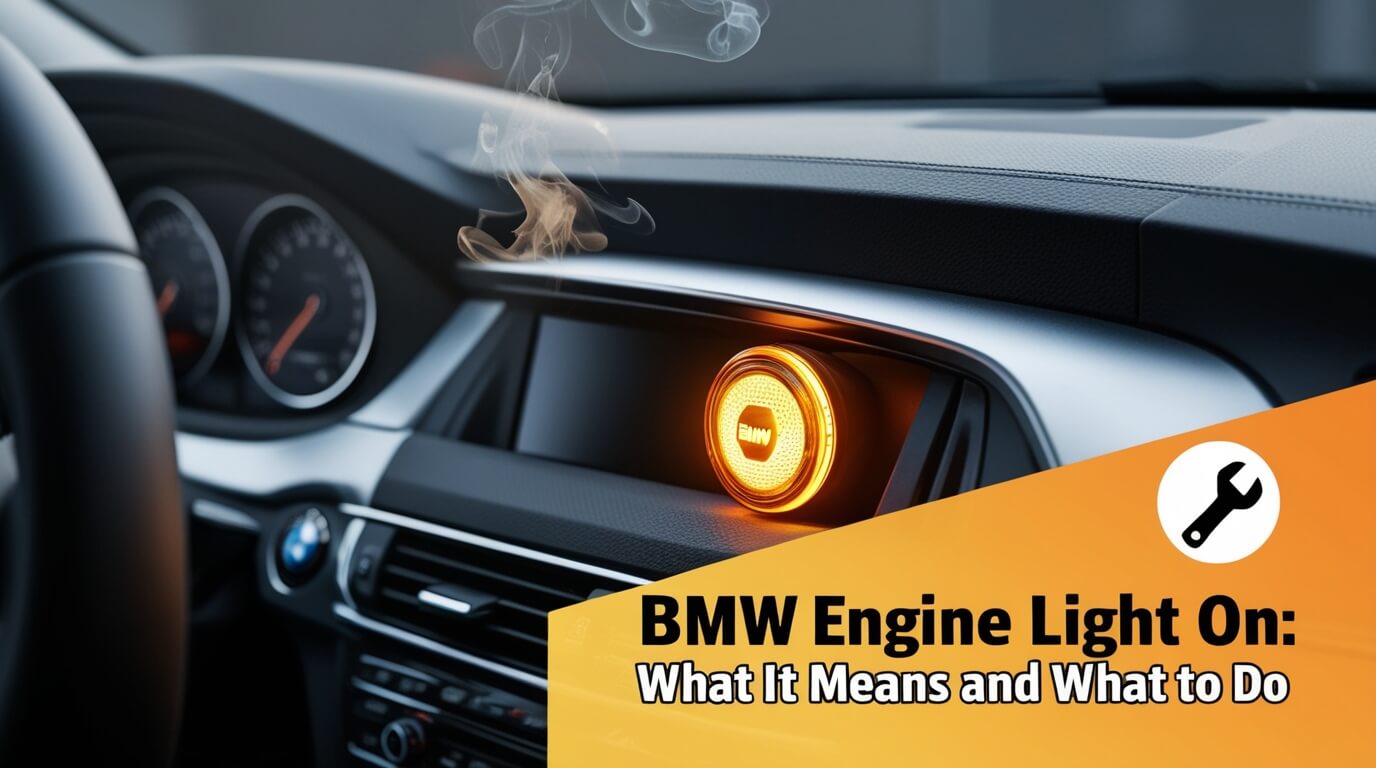
When you’re cruising down the highway in your beloved BMW, the last thing you want to see is that dreaded engine light glowing on your dashboard. A BMW engine light on typically indicates an issue with your vehicle’s engine, emissions, or related systems that requires attention. But don’t panic! This guide will walk you through everything you need to know about BMW engine lights, from common causes to practical solutions.
Understanding the BMW Check Engine Light
The BMW check engine light, also known as the Service Engine Soon light, is your car’s way of telling you something’s not quite right under the hood. It’s like a friend tapping you on the shoulder to say, “Hey, we need to talk.”
What is the BMW check engine light?
The BMW check engine light is part of your car’s onboard diagnostic system. It’s designed to alert you when there’s a problem with your engine, transmission, or emissions control system. When it lights up, it means your car’s computer has detected an issue that needs addressing.
Different types of BMW engine warning lights
Not all engine lights are created equal. BMW uses different colors to indicate the severity of the problem:
- Yellow light: This means “caution.” There’s an issue, but it’s not an emergency.
- Red light: This is more serious. It means “stop and seek help immediately.”
- Flashing light: This indicates a severe problem that could damage your engine if you keep driving.
The importance of paying attention to your BMW’s warning signals
Ignoring your BMW’s engine light is like ignoring a toothache – it won’t go away on its own, and it’ll probably get worse. Paying attention to these warning signals can save you from costly repairs down the road and keep your Bimmer running smoothly for years to come.
Common Reasons Why Your BMW Engine Light Is On
There are several reasons why your BMW’s engine light might decide to crash your driving party. Let’s look at some of the most common culprits:
Loose or faulty gas cap
Believe it or not, something as simple as a loose gas cap can trigger your BMW’s engine light. The gas cap helps maintain the right pressure in your fuel system. If it’s loose or damaged, it can cause fuel to evaporate, triggering the light.
Oxygen sensor malfunction
The oxygen sensor measures the amount of unburned oxygen in your car’s exhaust system. When it fails, your engine can burn more fuel than necessary, reducing fuel efficiency and increasing emissions.
Spark plug or ignition coil issues
Spark plugs and ignition coils are crucial for your engine’s performance. When they wear out or fail, it can cause engine misfires, poor acceleration, and reduced fuel economy.
Catalytic converter problems
The catalytic converter helps reduce harmful emissions from your BMW. When it starts to fail, it can cause poor engine performance and increased emissions.
Mass airflow sensor failure
This sensor measures the amount of air entering your engine. When it malfunctions, it can cause poor fuel economy, rough idling, and even stalling.
Faulty exhaust gas recirculation (EGR) valve
The EGR valve helps reduce nitrogen oxide emissions. When it fails, it can cause rough idling, poor acceleration, and increased emissions.
How to Diagnose a BMW Engine Light Issue
When your BMW’s engine light comes on, it’s like your car is speaking in code. Fortunately, there are ways to decipher this code and figure out what’s wrong.
Using an OBD-II scanner to read error codes
An OBD-II scanner is a handy tool that can read the error codes stored in your BMW’s computer. It’s like having a translator for your car’s language. You can buy one online or at an auto parts store, or many auto parts stores will read the codes for free.
Common BMW check engine light codes and their meanings
BMW error codes typically start with “P” followed by four digits. Here are a few common ones:
- P0300: Random/Multiple Cylinder Misfire Detected
- P0171: System Too Lean (Bank 1)
- P0420: Catalyst System Efficiency Below Threshold
Remember, these codes are just starting points. They tell you where to look, not necessarily what’s wrong.
When to seek professional diagnostic services
While DIY diagnostics can be helpful, sometimes it’s best to leave it to the pros. If you’re not comfortable working on cars, if the problem seems complex, or if you’ve tried simple fixes and the light’s still on, it’s time to visit a BMW specialist.
What to Do When Your BMW Engine Light Comes On
So, your BMW’s engine light has decided to join you on your drive. What now?
Immediate steps to take when the light illuminates
- Don’t panic! The light doesn’t always mean a major problem.
- Check your dashboard for other warning lights or unusual readings.
- Pay attention to how your car is running. Any strange noises, smells, or performance issues?
- If it’s safe to do so, pull over and check your gas cap. A loose cap is an easy fix.
Safely driving with the engine light on
If your BMW is running normally and the light isn’t red or flashing, you can usually drive for a short distance. However, it’s best to reduce your speed and avoid any heavy acceleration. Think of it as treating your car with kid gloves until you can get it checked out.
When to stop driving and call for assistance
If the engine light is red or flashing, or if you notice any significant changes in your car’s performance, it’s time to stop driving. Pull over safely, turn off the engine, and call for a tow. Continuing to drive could cause serious damage to your BMW.
BMW Engine Light Reset: Can You Do It Yourself?
Sometimes, after fixing a problem, the engine light stubbornly stays on. In these cases, you might need to reset it.
Methods to reset the BMW check engine light
There are a few ways to reset your BMW’s engine light:
- Disconnect the battery for about 15 minutes.
- Use an OBD-II scanner to clear the codes.
- Drive for a while. Sometimes the light will reset itself after several drive cycles.
Risks of resetting without addressing the underlying issue
Resetting the light without fixing the problem is like putting a band-aid on a broken arm. It might make the light go away temporarily, but the problem will still be there, potentially getting worse.
When professional intervention is necessary
If you’ve tried resetting the light and it keeps coming back on, or if you’re not comfortable working on your car, it’s time to visit a professional. They have specialized tools and expertise to diagnose and fix complex issues.
Preventing BMW Engine Light Issues
An ounce of prevention is worth a pound of cure, especially when it comes to your BMW.
Regular maintenance and its importance
Regular maintenance is like giving your BMW a health check-up. It can catch small issues before they become big problems, keeping that engine light off and your car running smoothly.
Recommended service intervals for BMWs
BMW recommends service at specific intervals, usually based on mileage or time. These can vary depending on your model and year, but generally include:
- Oil changes every 10,000 miles or 12 months
- Brake fluid replacement every 2 years
- Air filter replacement every 60,000 miles
Always check your owner’s manual for the specific recommendations for your BMW.
DIY checks to keep your BMW in top condition
While some maintenance requires a professional, there are things you can do yourself:
- Check oil levels regularly
- Keep an eye on tire pressure
- Listen for unusual noises
- Pay attention to how your car drives
These simple checks can help you catch issues early, before they trigger that pesky engine light.
The Cost of Ignoring Your BMW’s Engine Light
Ignoring your BMW’s engine light is like ignoring your dentist’s advice – it might save you money now, but it’ll cost you big time later.
Potential damage to your vehicle
Continuing to drive with an unresolved issue can lead to more severe problems. What might have been a simple fix could turn into major engine damage if left unchecked.
Impact on fuel efficiency and performance
Many issues that trigger the engine light can affect your BMW’s performance and fuel efficiency. You might notice reduced power, poor acceleration, or more frequent trips to the gas station.
Long-term financial implications
Fixing a small problem now is almost always cheaper than repairing major damage later. Ignoring your engine light could lead to costly repairs down the road, not to mention potential breakdowns and towing fees.
BMW Engine Light FAQs
Let’s tackle some common questions about BMW engine lights:
Can I drive my BMW with the engine light on?
It depends. If the light is yellow and your car is running normally, you can usually drive for a short distance. However, it’s best to get it checked as soon as possible. If the light is red or flashing, or if your car is performing poorly, stop driving immediately.
How urgent is a flashing BMW engine light?
A flashing engine light is very urgent. It typically indicates a severe misfire that could quickly damage your catalytic converter. Stop driving as soon as it’s safe to do so and call for a tow.
Does the BMW engine light mean I need an oil change?
Not necessarily. While low oil can trigger the engine light, BMWs usually have a separate oil warning light. The check engine light can come on for many reasons unrelated to oil levels.
Staying Proactive About Your BMW’s Health
Your BMW is more than just a car – it’s a precision machine designed for performance and driving pleasure. When that engine light comes on, it’s your car’s way of asking for help. By understanding what the light means, knowing how to respond, and staying on top of regular maintenance, you can keep your BMW running at its best.
Remember, the engine light isn’t there to scare you – it’s there to help you catch problems early. So next time you see that little light glowing on your dashboard, don’t panic. Take a deep breath, assess the situation, and take action. Your BMW will thank you with years of smooth, enjoyable driving.
Whether you’re a DIY enthusiast or prefer to leave it to the pros, the key is not to ignore that engine light. After all, a well-maintained BMW isn’t just a car – it’s the ultimate driving machine.
